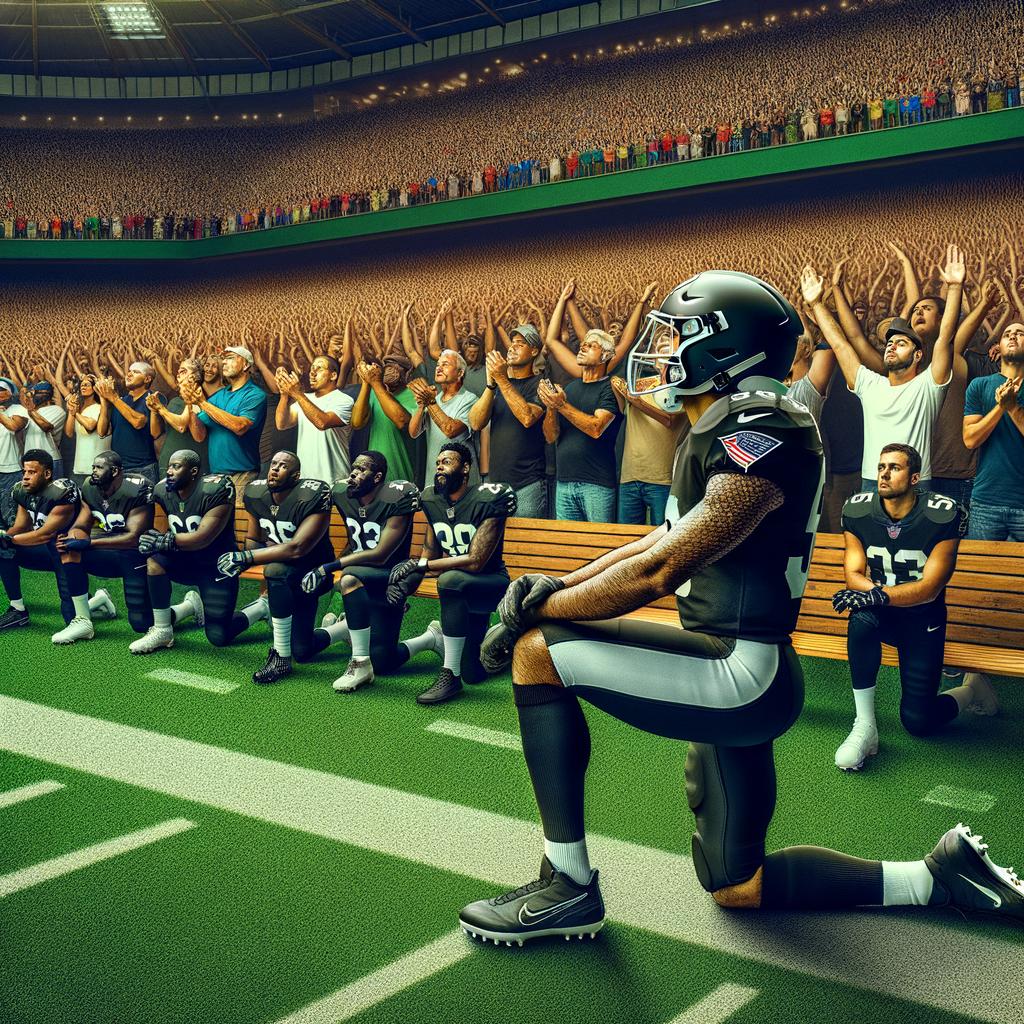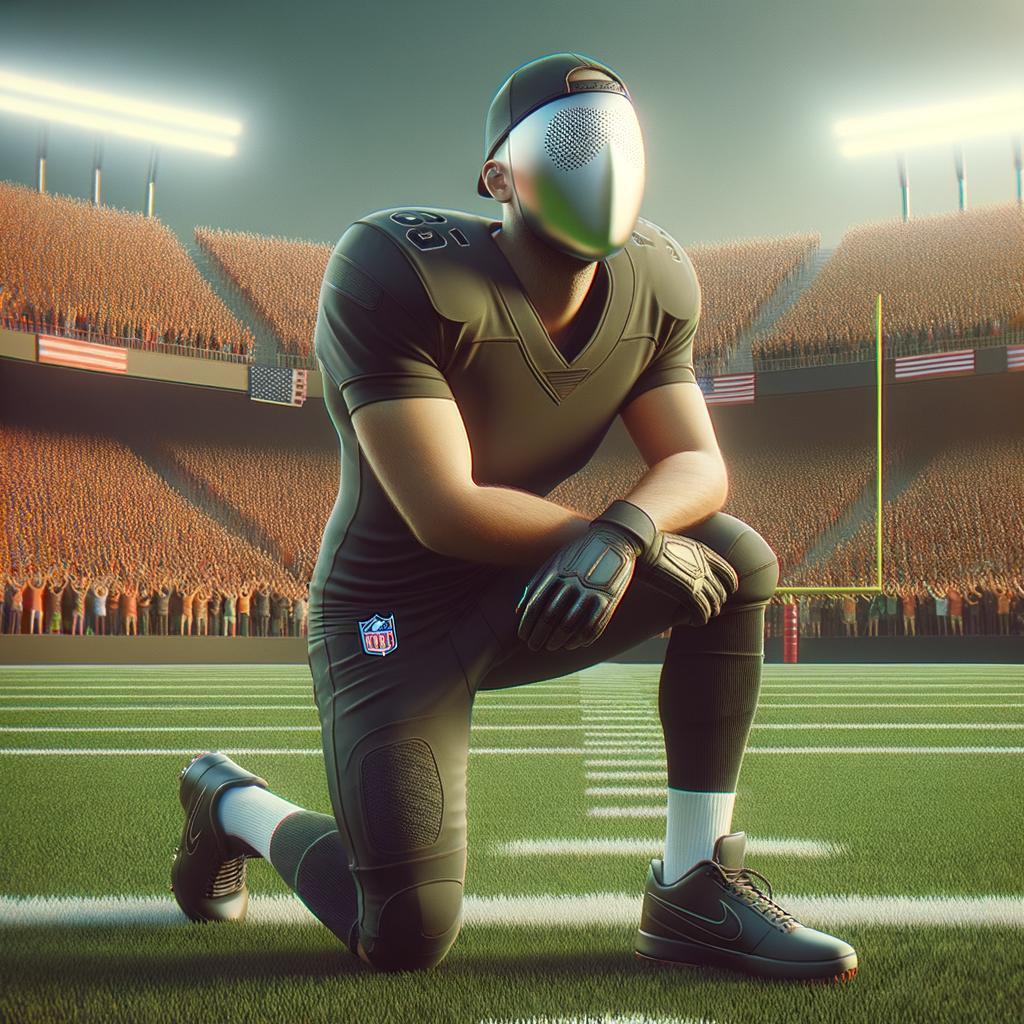In recent years, the intersection of sports and social issues has become an increasingly provocative arena of public discourse, with the National Football League (NFL) often at the forefront of these discussions. The protest initiated by an NFL player—a gesture intended to highlight systemic injustices—has ignited a nationwide debate that transcends the boundaries of the football field. This article delves into the multifaceted implications of this protest, exploring its roots in social activism, the varied responses from fans, players, and officials, and the broader societal conversations it has sparked across America. As we examine the layers of this contentious issue, it becomes clear that the dialogue surrounding the protest is not merely about sports; it reflects deep-seated narratives about race, equity, and the role of athletes as agents of change in contemporary society. Join us as we analyze the dynamics at play and consider what this pivotal moment reveals about our culture and community values.
The protests initiated by NFL players have undeniably reshaped the landscape of social justice discourse in America. What started as a series of demonstrations during national anthems has evolved into a profound national conversation about race, equality, and civic responsibility. To harness this momentum effectively, it is vital to ensure that athletes engage not just in symbolic actions but also in meaningful discussions that lead to substantive change. Collaborative partnerships between players and community leaders can help transition this movement from mere protest to action. This involves creating platforms for dialogue that prioritize listening and learning, allowing players to articulate their experiences while also considering the perspectives of those affected by the issues at hand.
To facilitate constructive dialogue and action, several strategic recommendations can be adopted:
- Establish Training Programs: Develop workshops focusing on advocacy, communication, and understanding systemic issues, encouraging athletes to become informed spokespeople.
- Community Engagement Initiatives: Collaborate with local organizations to implement programs addressing the root causes of social injustice, linking athletes with grassroots efforts.
- Dialogue Sessions: Arrange regular forums where players, community members, and experts can gather to discuss challenges and brainstorm solutions collaboratively.
- Media Training: Equip athletes with the skills necessary to articulate their beliefs and actions in the media, ensuring their messages are clear and impactful.
Final Thoughts
the NFL player’s protest has ignited a critical nationwide debate that transcends the boundaries of sports, resonating deeply with issues of social justice and equity. This moment is not merely a fleeting controversy but a catalyst for broader societal reflection and change. As we navigate these complex conversations, it is essential for fans, players, and policymakers alike to engage thoughtfully and empathetically. Embracing diverse perspectives can lead to meaningful dialogue and, ultimately, progress in addressing the injustices that have long persisted in our communities. As the NFL continues to evolve in response to this protest, we must collectively strive to hold ourselves accountable, ensuring that our actions align with the values we wish to uphold. It is through this engagement that we can collectively shape a more just and inclusive future.
